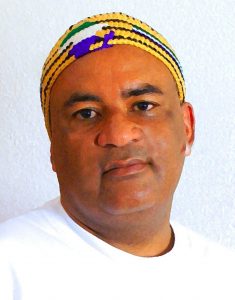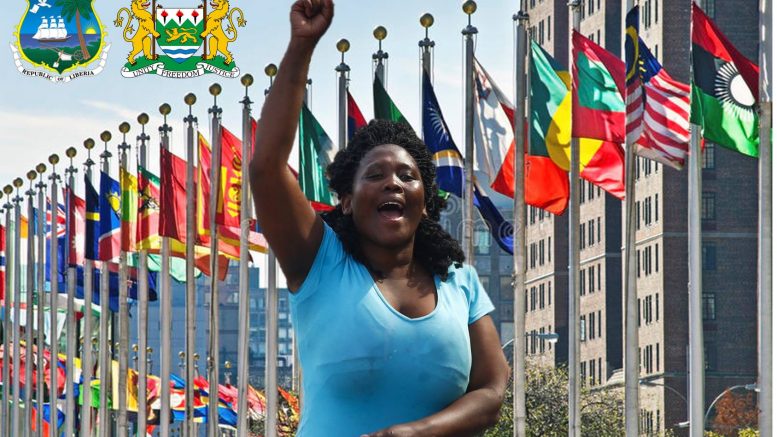ABOLISHING ELASTIC CITIZENSHIP HAS HURT SIERRA LEONE & LIBERIA IN THE PAST, AND WILL HURT BOTH IN THE FUTURE IF CITIZENSHIP IS NOT LIBERALIZED
The ongoing dual citizenship debate in Sierra Leone has in particular exposed a lot of void in knowledge about the past as well as the dynamics of the present and prospects for the future.
Liberia and Sierra Leone were founded on the principle of DUAL CITIZENSHIP for those who CAME, and MULTIPLE CITIZENSHIP for those whom they MET.

Author: Sidie Sheriff
Dual citizenship was automatic for Africans who returned to Liberia and Sierra Leone at the end of the slave trade, regardless of where their voyages began, where their grandparents were born, and how they got freed from captivity and eventually returned home.
Upon arrival, the returnees were welcomed by host Africans who enjoyed multiple citizenships shown by stretched allegiance to populations and networks of people near and far across the continent caused by pre-colonial migration and integration.
But not long after the merger between those who RETURNED home and those who WELCOMED them, the citizenship landscape began to shift dramatically from DEMOGRAPHIC to GEOGRAPHIC borders, from MORAL to LEGAL orientations of citizenship, from MULTIPLE to SINGLE citizenship status, and from an ELASTIC view of citizenship to a STATIC one.
This shift made it possible to establish that the PAST held better opportunities and prospects for the FUTURE than the PRESENT.
Nevertheless, from time to time, the new landscape was challenged by RETURNEES such as Edward Wilmot Blyden, W.E.B. Dubois, etc. At some point, it was also challenged by HOME BASED AFRICANS such as Kwame Nkrumah, Mwalimu Julius Nyerere, Nelson Mandela, etc.
But none of the above have since succeeded to change the status quo. Legal regimes and constitutions across the continent, including the constitutions of Sierra Leone and Liberia, are to date very much enmeshed in the single citizenship orientation tied to the concept of balkanized states of Africa which were created in 1884 during the European Berlin Conference on partitioning Africa.
The partition has, for over 130 years, restricted the free flow of goods and services across the continent, hindering intra-continental trade, the economic bargaining power of Africa, the opportunities for shared knowledge building and distribution across the continent, and even for cross-boundary family reunions.
It is no rocket science to tell how elastic citizenship pays. With the social media now bridging the communication gap between diaspora and home-based Africans, the opportunities for TRANSFERS ranging from money, goods, knowledge, and interactions in real time, is huge. Restricting the elasticity of citizenship can only hinder these, among other prospects and opportunities.
Based on the overview above, it is unfortunate that an age-old African country such as Sierra Leone, and to some extent Liberia, still maintain in law books PROVISIONS THAT RESTRICT THE ELASTICITY OF CITIZENSHIP at a time when the rest of Africa are taking steps to LIBERALIZE CITIZENSHIP for development.
The ongoing dual citizenship debate in Sierra Leone has in particular exposed a lot of void in knowledge about the past as well as the dynamics of the present and prospects for the future.
But such a void now provides an opportunity for opposition presidential candidates to take a solid position on citizenship based on a carefully thought out plan and policy; and tell voters how their position (s) will translate into widespread benefits for the country.
Editor’s Note: This story is from the Facebook page of Sidie Sheriff, a reputable Social Scientist with a razor sharp mind for analyzing contemporary social and economic issues with stints of historical perspectives on social media.




